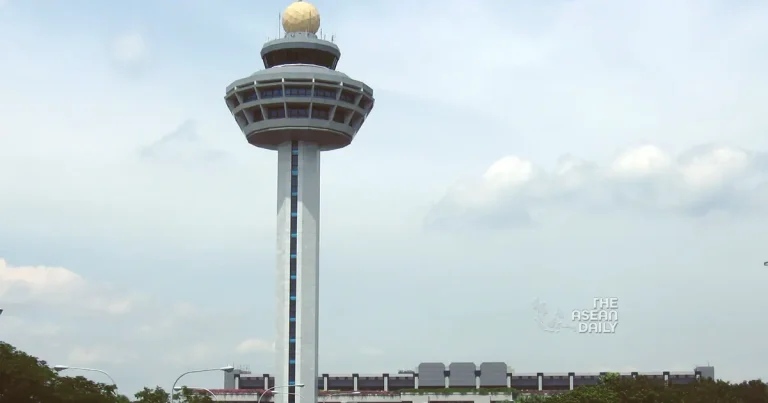3-4-2024 (SINGAPORE) Key air, sea, and land transport operators in Singapore could face heightened scrutiny over ownership, operations, and management appointments under a new proposed law set to potentially take effect in the latter half of 2024.
Draft amendments presented in parliament on Wednesday (Apr 3) suggest that entities could be designated by relevant authorities such as the Civil Aviation Authority of Singapore (CAAS), Maritime and Port Authority (MPA), or Land Transport Authority (LTA) if they play a crucial role in providing essential transport services within Singapore.
Entities may be classified as either a “designated operating entity,” if they directly deliver essential transport services, or a “designated equity interest holder,” if they hold equity interest in such entities.
The Ministry of Transport (MOT) highlighted in a press release that the proposed legislation aims to bolster the resilience of key firms operating in the air, sea, and land transport sectors. This move seeks to safeguard the provision of essential transport services, particularly in light of the lessons learned from the COVID-19 pandemic.
MOT’s spokesperson emphasized the pivotal role of Singapore’s air and sea hubs, along with the indispensable nature of mass public transport for safe and reliable commuting within the city-state.
This legislative review of sector-specific controls in the transport domain aligns with the Significant Investments Review Act, which came into effect in January. The latter legislation scrutinizes significant investments, both domestic and foreign, into entities deemed critical to Singapore’s national security interests.
Entities designated under MOT’s sectoral legislation will not concurrently fall under the purview of the Significant Investments Review Act. The proposed amendments outline three main types of controls that designated entities would face, according to MOT’s spokesperson.
Ownership controls would monitor changes in effective control to prevent adverse influences. For instance, buyers and sellers might need to notify or seek approval from authorities, and designated entities would have to promptly inform authorities of ownership and control changes within seven days of becoming aware of them.
Proposed controls over management appointments aim to ensure that individuals responsible for managing designated entities are suitable and not contrary to national interests. If the legislation passes, designated entities would need approval from relevant authorities when appointing their CEOs, chairpersons, and directors if they are licensed operators.
Existing laws already mandate licensed public transport operators to seek approval from LTA for CEO and board appointments.
If the proposed law is enacted, designated entities would have to inform relevant authorities of events that could significantly disrupt essential transport services in Singapore. Operational and resourcing controls would ensure that designated entities possess sufficient resources and capabilities to maintain essential transport services.
In extreme circumstances where a designated operating entity fails to provide essential transport services safely and reliably, the Transport Minister could issue a special administration order upon application by the relevant authority to ensure service continuity.
Should designated entities breach these controls or fail to comply with remedial directions, they could face penalties, including the disposal of equity interest and the removal of key appointment holders. Breaches and non-compliance would be considered offences, with penalties aligning with existing provisions under relevant Acts.
Individuals would have the right to appeal to the Transport Minister within 14 days of being informed of decisions regarding designation or approval for ownership or management appointments.




